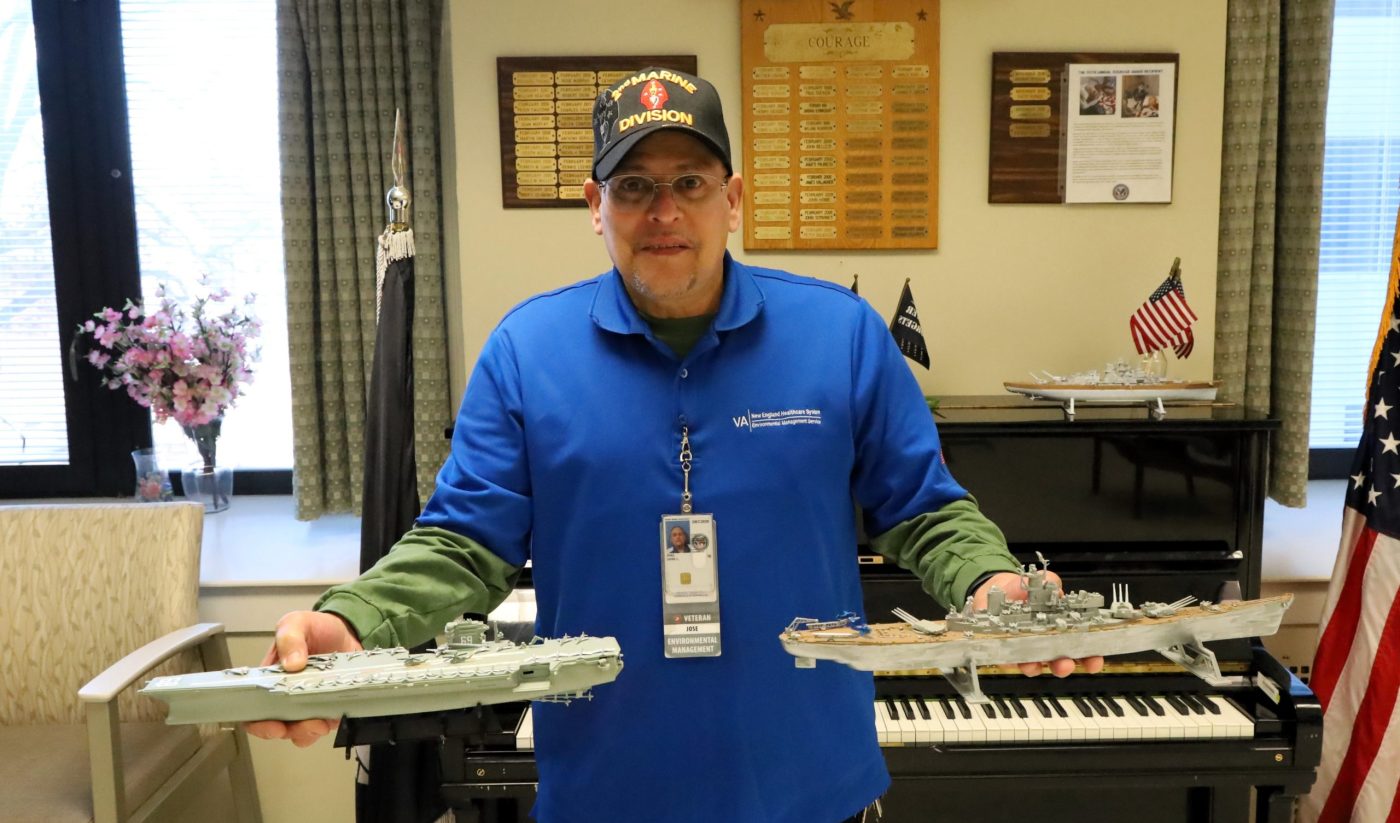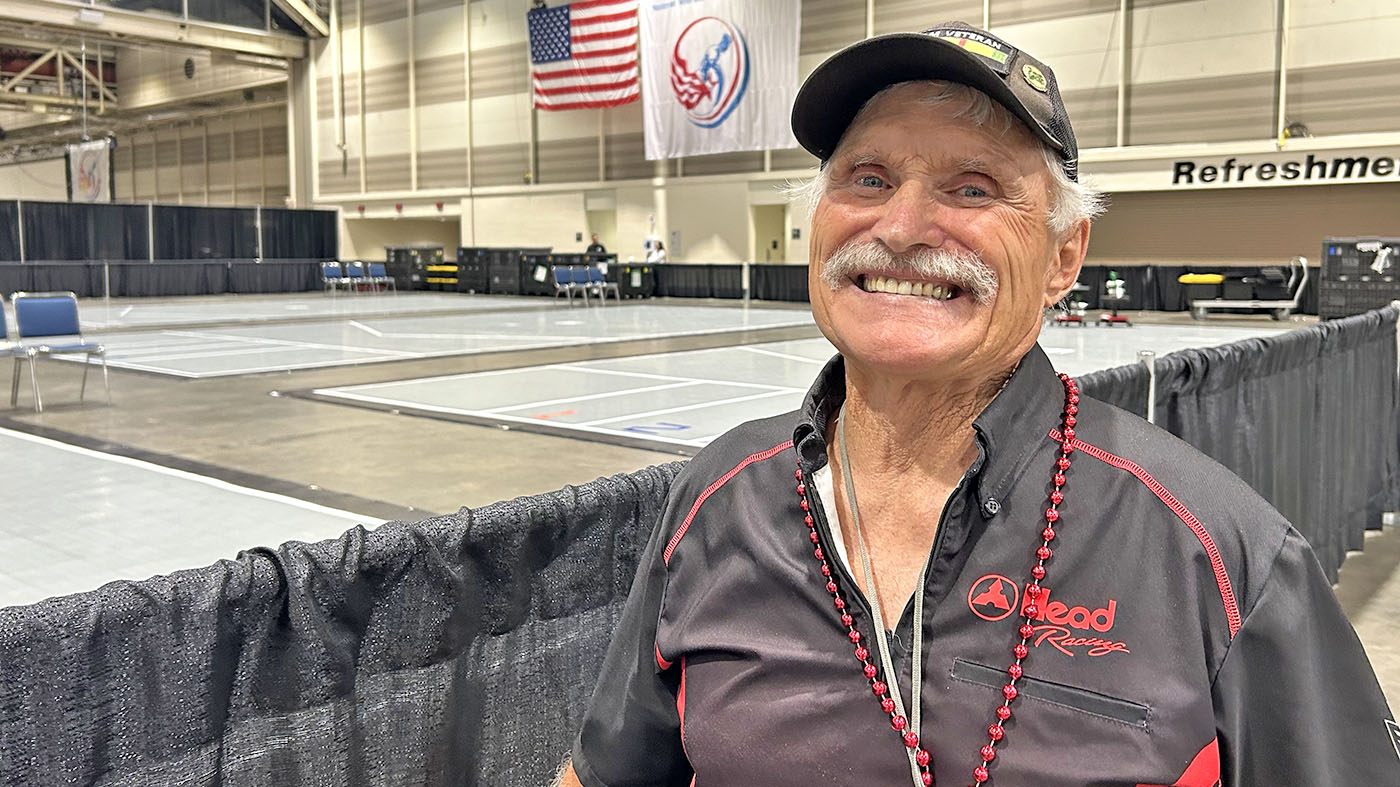The COVID-19 pandemic has increased concerns among health care professionals about the abuse of opioids by Americans. There is no doubt that the past twelve months have created significant stressors which may impact individuals who must use opioids for pain management and those with substance abuse issues. But Veterans and their families can be assured that VA is a leader in the national effort to reduce opioid dependency and lower opioid prescribing.
VA has reduced opioid prescribing by 63 percent
In 2009, VA created a Stepped Care Model to help Veterans manage pain while reducing the use of pharmaceuticals. Together with VA’s Opioid Safety Initiative (OSI), VA has successfully maintained a downward trend, reducing opioid prescribing overall by 63%.
How did we do it?
VA uses 4 tools to address the opioid epidemic: education, pain management, risk mitigation and addiction treatment. By helping Veterans understand the healthy alternatives to drug use for managing their pain, and by making these alternatives available to them, VA is changing lives for the better.
VA’s Whole Health approach to managing chronic pain focuses on the individual’s well-being and employs a variety of techniques to help a person manage pain, deal with depression, address sleep issues and more. VA offers acupressure/acupuncture, biofeedback, chiropractic services, exercise, hypnosis/hypnotherapy, meditation, occupational and physical therapy, tai chi, transcutaneous electrical nerve stimulation and yoga to Veterans through its Whole Health program.
One Veteran’s Experience
“Whole Health is lifting me up. Before, I just kept quitting. Whole Health gives me more resources,” said Army Veteran Ricardo Martinez, who gets his health care at the Lovell Federal Health Care Center (FHCC) in North Chicago.
Martinez has Post-Traumatic Stress Disorder (PTSD) and deals with chronic pain from an accident that occurred on active duty. He uses Whole Health to “ease off” some of his pain medications. “All you have to do is ask,” he added. “You think there’s no one there to listen, but there is.”
Opioid use among VA Whole Health users decreased 38% compared with an 11% decrease among those who don’t access Whole Health. And, Virtual Whole Health has been growing in response to the COVID-19 pandemic – there were 72,659 virtual visits in the month of March 2021 alone. This represents a 44% increase in unique Veterans using Virtual Whole Health since September 2020.
VA believes access to non-pharmacological approaches to pain management, like those offered by our Whole Health program, are key to reducing opioid abuse.
In the midst of a COVID-19 pandemic
In 2013, approximately 22% of all enrolled Veterans were using opioids or other types of medications to manage pain. In 2021 so far, that number is down to 7.9%. Veterans enrolled for VA health care are older and sicker than the general population, often battling two or more chronic health conditions. But, despite that, and even with the new challenges Veterans are facing during the pandemic, opioid prescribing in VA has continued its downward trend.
Learn more about pain management at https://www.va.gov/painmanagement/.
Read more about opioid prescribing and opioid risk mitigation strategies in the Veterans Health Administration – PubMed (nih.gov).
Dr. Friedhelm Sandbrink is the VHA national program director for Pain Management and director of Pain Management at the Washington DC VA Medical Center.
Dr. Benjamin Kligler is executive director of the VHA Office of Patient Centered Care and Cultural Transformation.
Topics in this story
More Stories
One strategy credited for the improvement is a focus on building trust and stronger patient-provider relationships.
Army and Marine Corps Veteran started making models after being hospitalized at Connecticut VA.
Veteran Hank Ebert is a bit of a superstar in the National Veterans Wheelchair Games. He has been attending since 1993.







Suboxone, 30x as powerful as morphine in the damage it does to opioid receptors if anyone ever plans to stop taking it, is still an opioid.